What do you think?
Rate this book


442 pages, Paperback
First published January 13, 2010
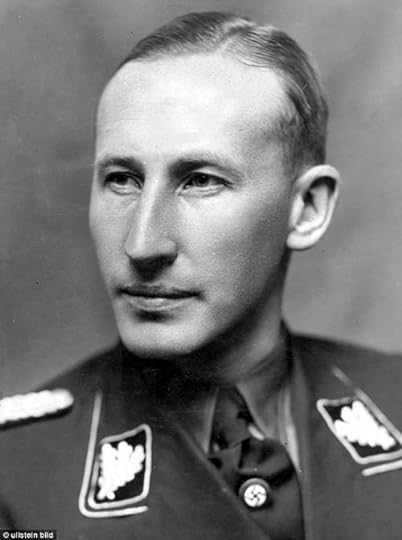
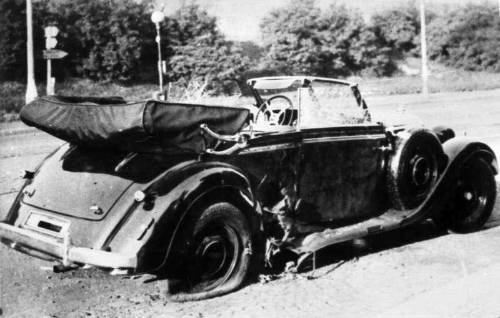
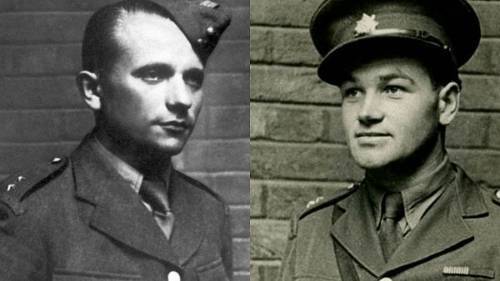







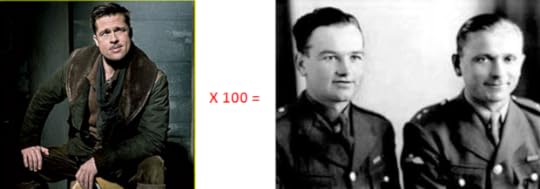
"That scene, like the one before it, is perfectly believable and totally made up. How impudent of me to turn a man into a puppet - a man who's been dead for a long time, who cannot defend himself. To make him drink tea, when it might turn out that he liked only coffee. To make him put on two coats, when perhaps he had only one. To make him take the bus, when he could have taken the train. To decide that he left in the evening, rather than the morning. I am ashamed of myself."
"I'm not sure yet if I'm going to 'visualise' (that is, invent!) this meeting or not. If I do, it will be the clinching proof that fiction does not respect anything."
"As long as no one can prove that what I've written is nonsense."
"Chacko's art resides in his skill at integrating historical fact...into psychologically astute dialogue. And I must say, loath as I am to use this method, that he does it very successfully: I was really gripped by several passages."
"Chacko wanted to write a novel - well researched, admittedly, but without being a slave to the facts. So he bases his tale on a true story, fully exploiting its novelistic elements, blithely inventing when that helped the narration, but without being answerable to history. He's a skilful cheat. A trickster. Well...a novelist, basically."
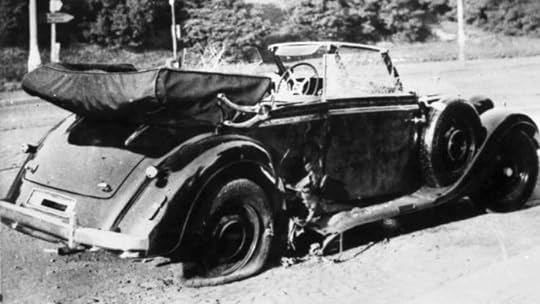
"My story has many holes in it as a novel. But in an ordinary novel, it is the novelist who decides where these holes should be. Because I'm a slave to my scruples, I'm incapable of making that decision."
"The truth is that I don't want to finish this story."
"My story is finished and my book should be, too, but I'm discovering that it's impossible to be finished with a story like this."

 This is the Kepler 452b of historical fiction - same yet significantly, wildly different in style to anything I have come across before. That, right there, will make HHhH a marmite book and I love this particular metafictional spread.
This is the Kepler 452b of historical fiction - same yet significantly, wildly different in style to anything I have come across before. That, right there, will make HHhH a marmite book and I love this particular metafictional spread. Sergeant Jozef Gabčík - Slovak
Sergeant Jozef Gabčík - Slovak Jan Kubiš - Czech
Jan Kubiš - Czech Protector of Bohemia and Moravia Obergruppenführer Reinhard Heydrich the Hangman, the Butcher of Prague, the Blonde Beast, the Man with the Iron Heart.
Protector of Bohemia and Moravia Obergruppenführer Reinhard Heydrich the Hangman, the Butcher of Prague, the Blonde Beast, the Man with the Iron Heart. Lina and Reinhard Heydrich and their son Klaus in 1934
Lina and Reinhard Heydrich and their son Klaus in 1934
 The rodent Himmler
The rodent Himmler Gobineau - father of modern racial demography. Since the late 20th century, his works are considered early examples of scientific racism.
Gobineau - father of modern racial demography. Since the late 20th century, his works are considered early examples of scientific racism. Erbst Röhm represented the militant wing of the Nazi Party
Erbst Röhm represented the militant wing of the Nazi Party
